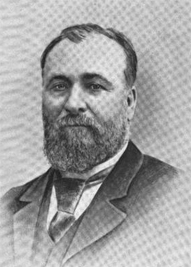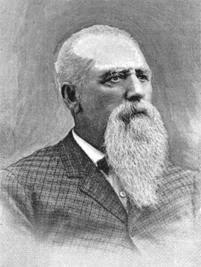
Colusa County Biographies - A
Biographies and photos source:
- Colusa County: Its
History Traced from a State of Nature through the
Early Period of Settlement and Development, to the
Present Day with a Description of its Resources,
Statistical Tables, Etc., Justus H.
Rogers
- Biographical Sketches of Pioneers and Prominent Residents, Orland, California, 1891.
- History Of Colusa and
Glenn Counties, California (Pages:
255-955)
History by Charles Davis McCormish and Mrs. Rebecca T. Lambert, Historic Record Company, Los Angeles, California, 1918 - Transcribed by: Martha A Crosley Graham.
A digitized version of the book can be found on Google Books.
Please note: many of the names in this index were abbreviated with initials. The full names of those individuals has been added {in braces} when possible.
Return to the Biographies Index

